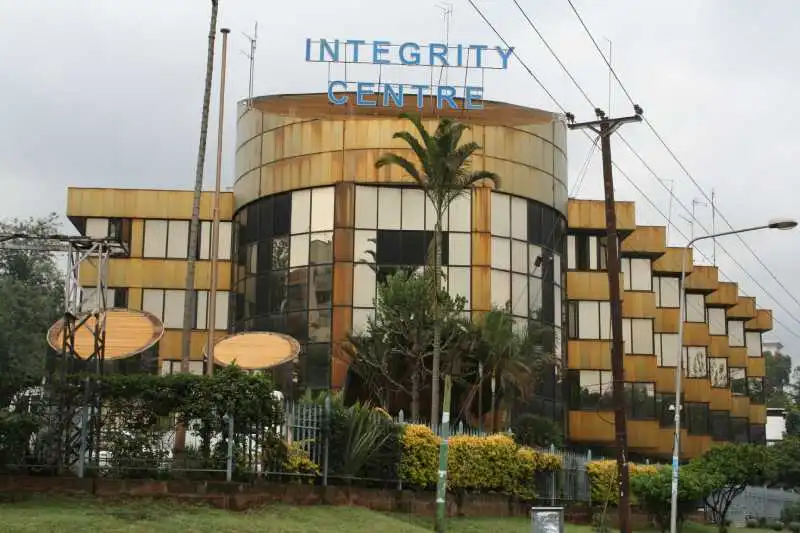The Ethics and Anti-Corruption Commission (EACC) has arrested an accountant from the Siaya County Department of Finance and Economic Planning over allegations of processing fraudulent payments disguised as allowances worth over Ksh100 million.
According to the Commission, preliminary investigations established that the suspect orchestrated the illegal payments under the pretext of training, seminars, and other official county engagements that never took place. The fraudulent scheme is part of a broader probe into the alleged embezzlement of about Ksh400 million by several Siaya County officials.
Following the conclusion of its inquiry, EACC forwarded the investigation file to the Director of Public Prosecutions (DPP), who concurred with the Commission’s recommendation to press charges. The suspect is currently being held at Kisumu Port Police Station and is expected to be arraigned before the Kisumu Anti-Corruption Court on Wednesday.
The suspect will face charges relating to the fraudulent payments, while EACC has also initiated civil recovery proceedings seeking to reclaim Ksh102,950,307.00 plus accrued interest. The Commission emphasized that the recovery of unlawfully acquired assets remains a central pillar of its anti-graft mandate.
Beyond this individual case, EACC revealed that it is pursuing seven additional investigations involving fraudulent payments of allowances to Siaya County officials. These cases allegedly involve more than Ksh700 million siphoned between 2017 and 2022.
The watchdog reiterated its commitment to safeguarding public resources, stressing that those found guilty of misappropriating taxpayers’ money will face legal consequences. “The Commission is determined to ensure that accountability and integrity in the management of public funds are upheld,” EACC said in a statement.
Last year, EACC raised concerns about the role of professionals including accountants, lawyers, engineers, bankers, and IT experts in facilitating corruption. The Commission noted that these professionals often exploit their expertise to design and execute graft schemes, betraying public trust.
The Siaya case once again highlights the growing sophistication of corruption networks in Kenya’s counties, even as oversight bodies intensify efforts to crack down on financial mismanagement.

